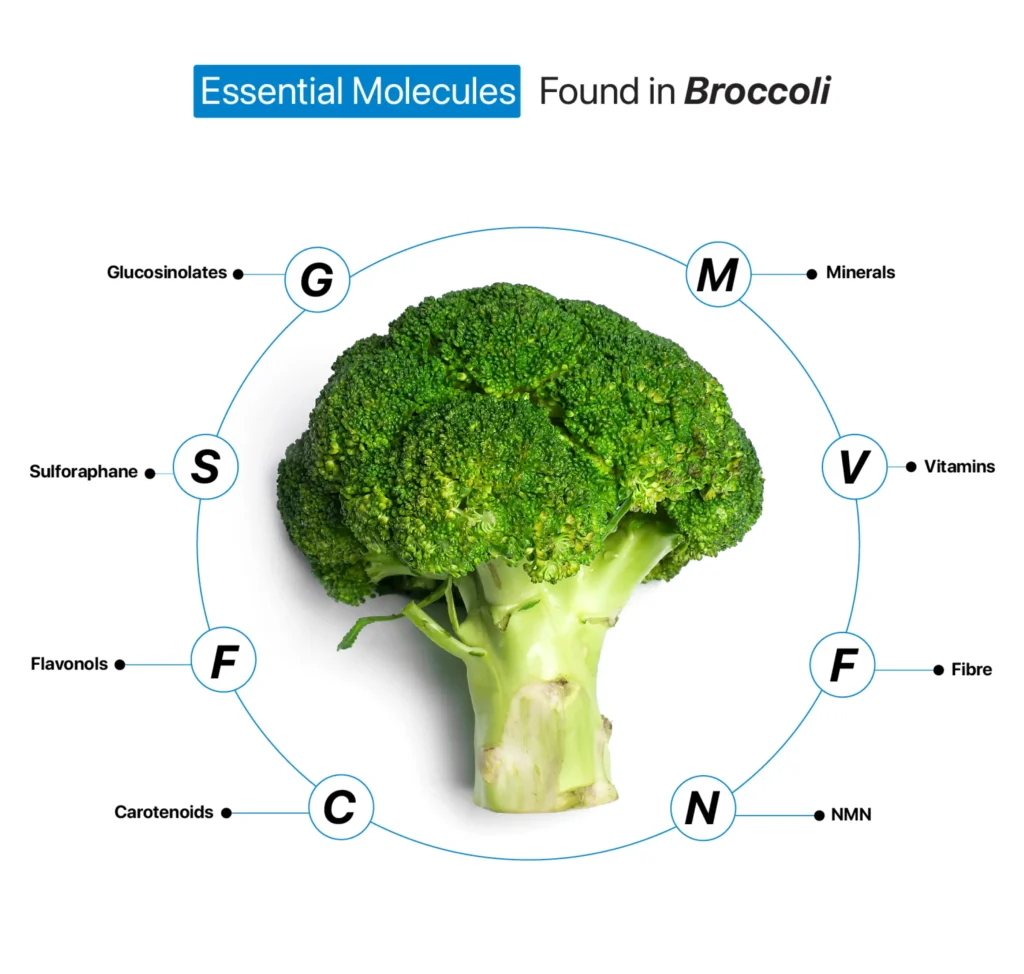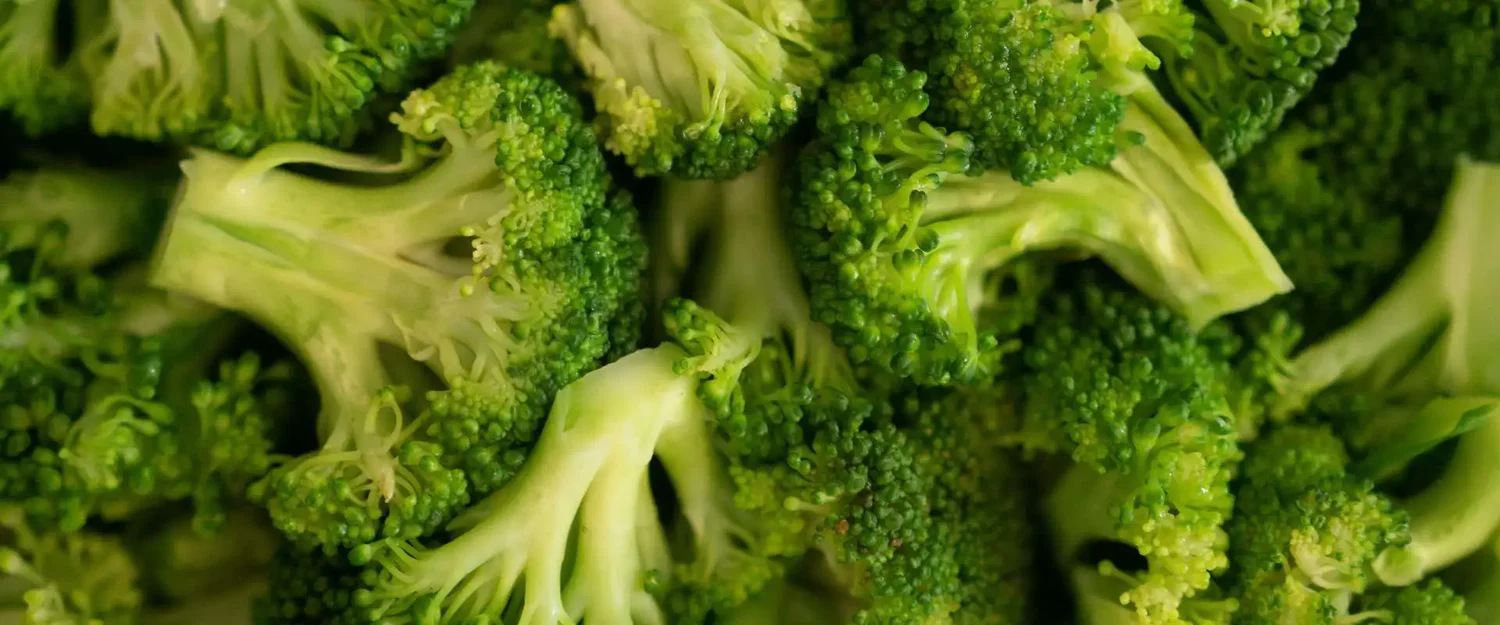A “healthy ageing phenotype” involves maintaining the body’s systems at optimal levels on organ, tissue, and molecular fronts throughout life. Achieving a long and healthy life is influenced by lifestyle choices, particularly diet. While the impact of specific nutrients on ageing can vary, overall eating habits play a crucial role. The emphasis is shifting towards promoting lifelong health through dietary patterns, such as the Mediterranean diet, and specific recommendations.
Broccoli, a vegetable superfood, is loaded with vitamins (A, B, C, D, E, K), antioxidants, and potent compounds like polyphenols, flavonoids, sulforaphane, NMN, and quercetin. It also provides essential minerals like calcium, potassium, sodium, and phosphorus, along with trace elements such as zinc, selenium, iron, magnesium, and manganese. Nutrition experts endorse incorporating broccoli into your daily diet as an easy way to enjoy one of the healthiest veggies available. This aligns with the broader goal of supporting a healthy ageing phenotype through mindful dietary choices.
“Your Partner in Natural Transformation.”
Deepak Agrawal
Including broccoli in your diet provides a diverse range of essential molecules, contributing to a well-rounded and nutritious approach to health and wellness. Here are some key molecules found in broccoli:
- Glucosinolates
Vegetables like broccoli, Brussels sprouts, cauliflower, and cabbage, from the Cruciferae family, are rich in glucosinolates. These glycosides exhibit bactericidal, fungicidal, anti-inflammatory, and potent anticancer properties, contributing to overall well-being. Glucosinolates are broken down into isothiocyanates by the gut microbiota. Isothiocyanates have potent anticancer and antioxidant benefits.
- Sulforaphane
Activated when cruciferous vegetables are damaged, sulforaphane, a sulfur-rich compound found in broccoli, is linked to various health benefits, positively impacting conditions such as cancer, heart disease, diabetes, and digestion.
- Flavonols
Flavonoids are phytochemicals commonly found in plant foods. Quercetin, a flavonoid found in broccoli, possesses anti-inflammatory properties, inhibiting the production of inflammatory substances and reducing inflammation in the body. Flavonoids are researched to contribute to the antioxidant, anti-inflammatory, and anticancer activity of plants.




